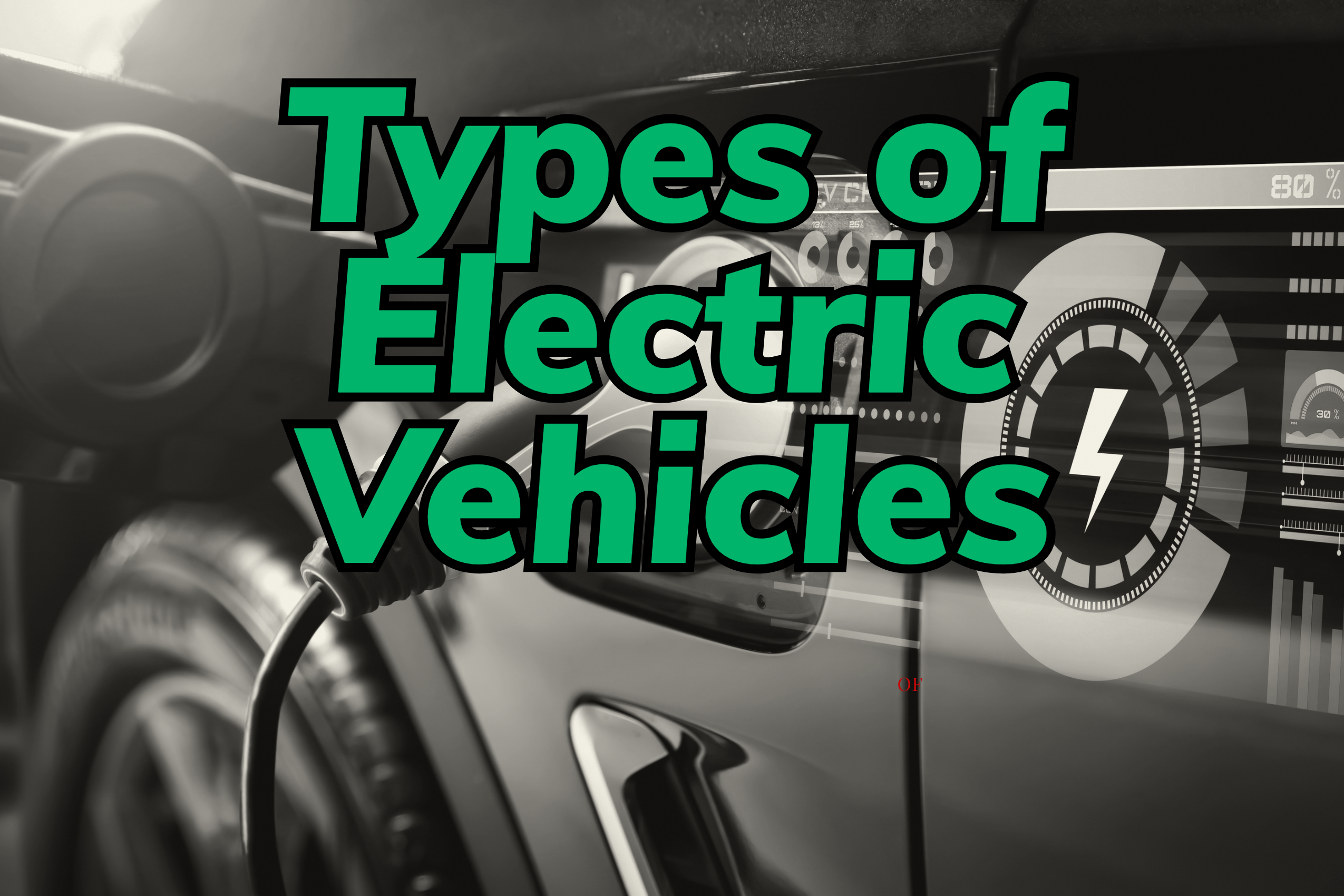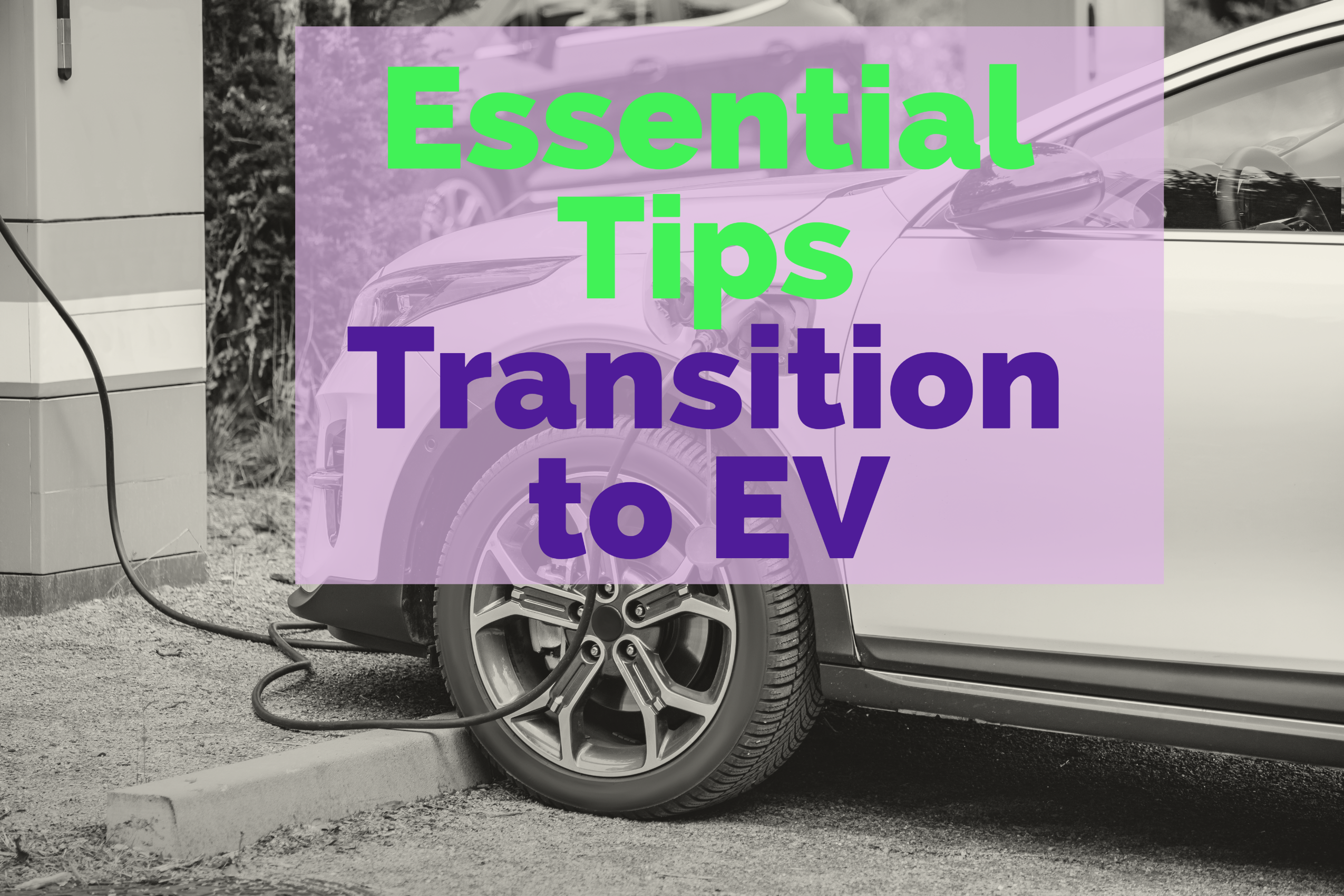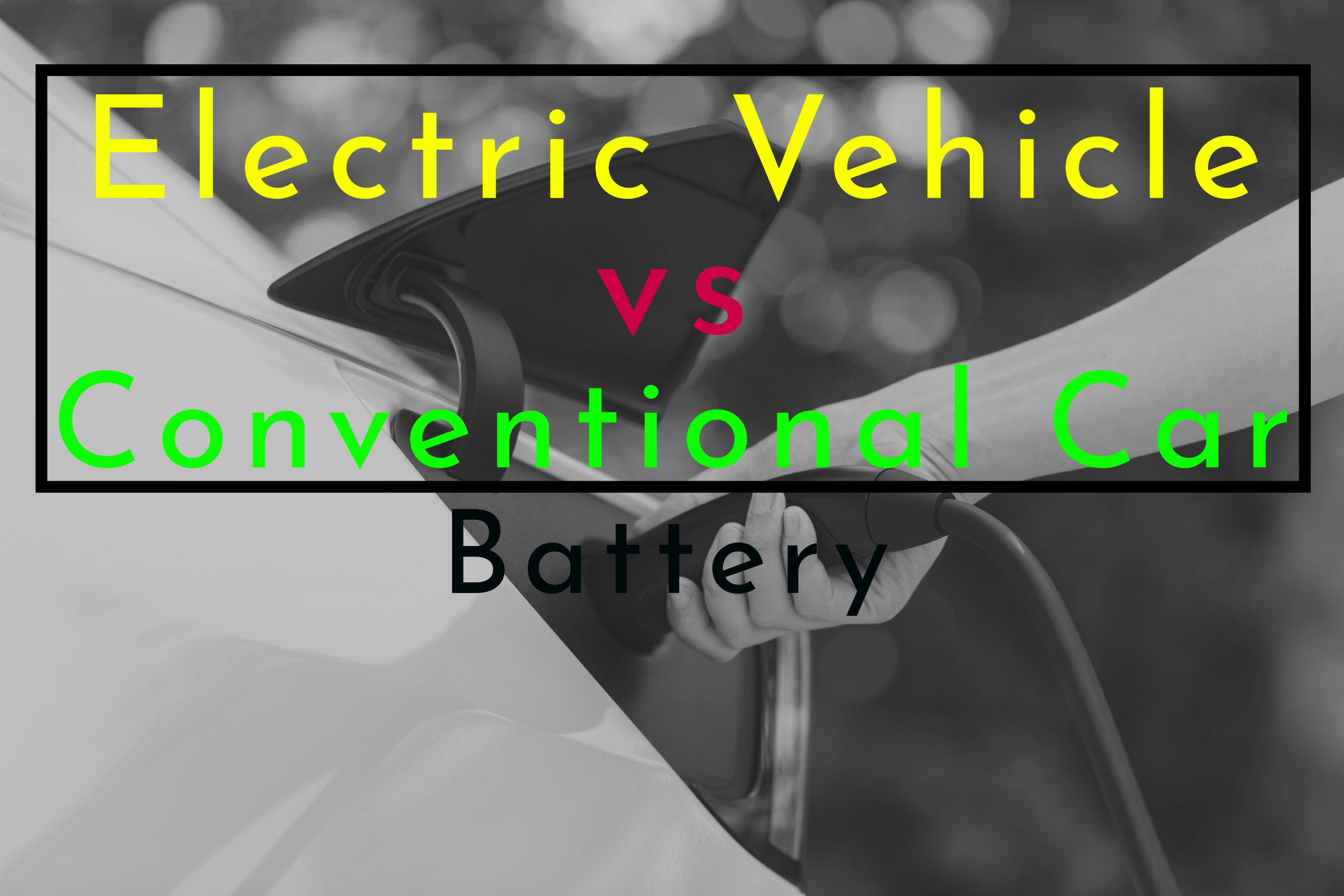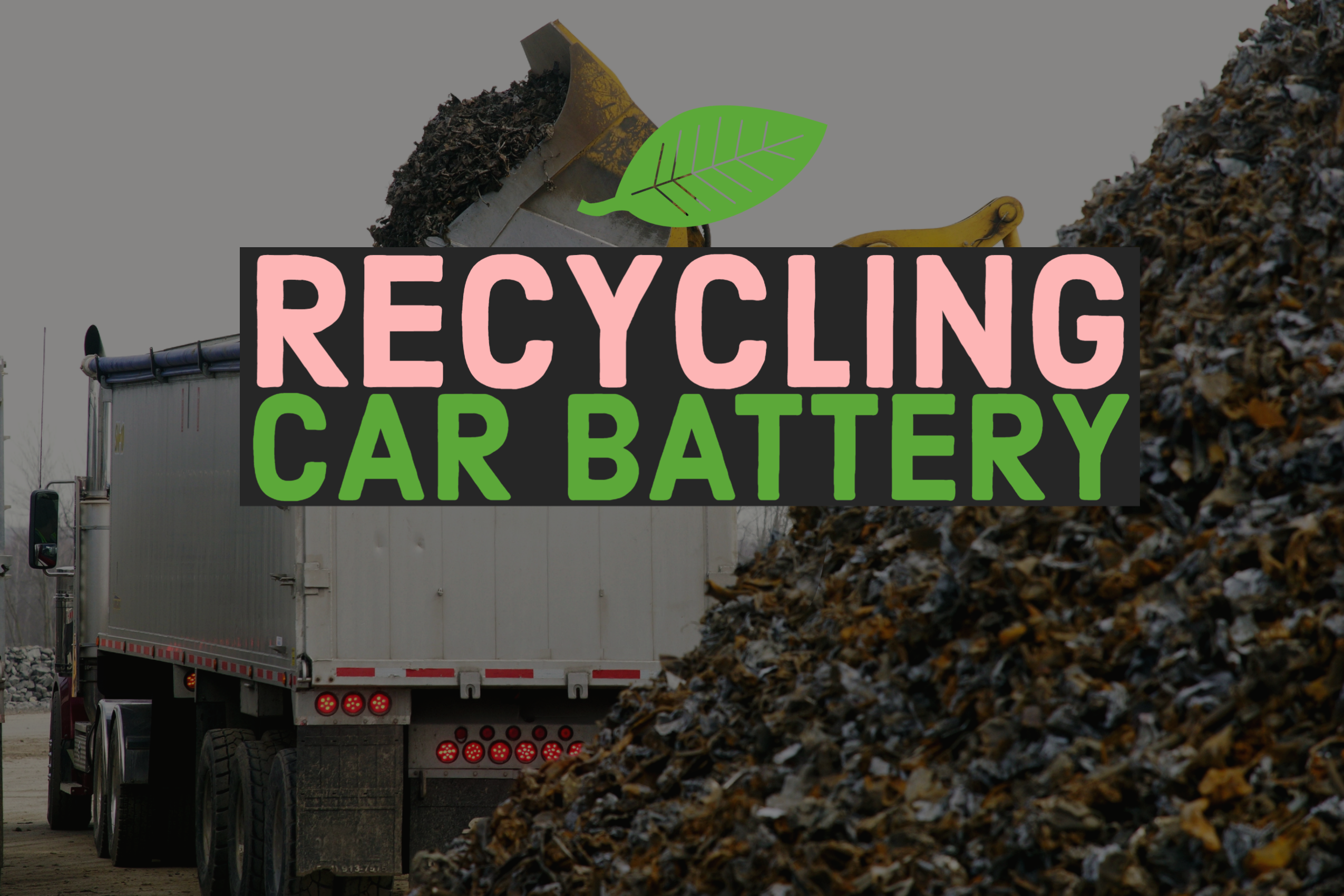Electric vehicles (EVs) have become a significant player in the automotive industry, offering a cleaner, […]
Important Tips for Battery Care When Transitioning from a Conventional Car to an Electric Vehicle (EV)
Transitioning to an electric vehicle (EV) involves understanding and managing the vehicle’s battery, which is crucial for efficiency and cost-effectiveness. Key aspects include knowing battery types, capacity, and charging practices. It’s important to adopt good charging habits, manage temperature effects, avoid deep discharges, and keep software updated. Proper battery care enhances the EV’s performance, longevity, and environmental benefits, making the transition rewarding and beneficial.
EV vs Conventional Car Batteries: Advantages, Differences, and Impact
Comparing EV and ICE car batteries reveals distinctions in technology, performance, and maintenance. EVs use lithium-ion batteries, offering higher energy density and power, supporting longer ranges and faster acceleration, and requiring less maintenance but demanding specific charging conditions. Conversely, conventional cars utilize less efficient lead-acid batteries, needing more frequent replacements and maintenance but costing less upfront. EV batteries also have a lower environmental impact, particularly when charged with renewable energy.
The Top Car Accessories That Drain Your Car Battery
If you are a car owner, you know that a car battery is a crucial […]
How to Recycle Old Car Batteries: A Guide to Safe and Efficient Disposal
Introduction With the ever-increasing number of vehicles on the road, the need to properly dispose […]
The Environmental Impact Of Manufacturing Conventional Car Lead Batteries
Car batteries play a crucial role in powering our vehicles and reducing our dependence on […]






